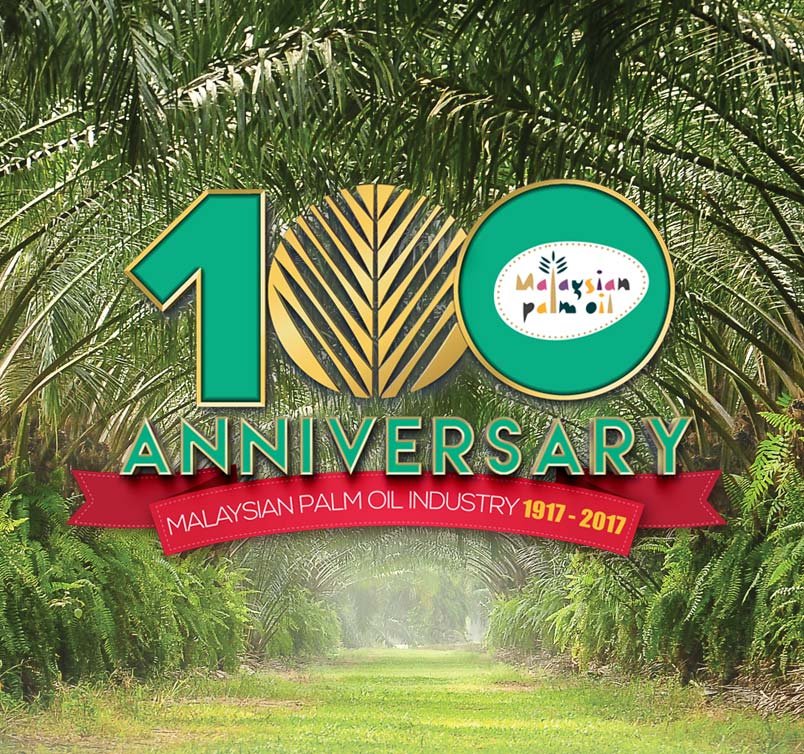



Malaysian palm oil has changed the world
February, 2017 in Issue 1 - 2017, Cover Story
What are the recent developments that have made a difference to the industry?
A matter of current pride is that Malaysia is a true leader in terms of sustainability. As I mentioned earlier, the inclusivity of the FELDA projects has been a model for sustainable social and economic development. It is so successful that other countries, for example in Africa, now wish to copy the Malaysian model.
Malaysia is also a genuine leader when it comes to environmental sustainability. Our planting and harvesting techniques under the Malaysian Good Agricultural Practices scheme, Malaysian Sustainable Palm Oil standard and that of the Roundtable on Sustainable Palm Oil have set the benchmark for this.
This is something that the private sector generally recognises, although palm oil has come under fire from environmental activists in Europe. This criticism is unwarranted. But informed participants in the debate are beginning to recognise that palm oil is not the environmental bogeyman that it has been made out to be.
Look instead at the deforestation caused by beef – it is nearly 10 times higher than that attributed to oil palm. Yet, there are no anti-beef campaigns in Europe. I believe this will change, and I believe that our good work in defeating anti-palm oil campaigns will prevail.
What do you think the future holds for Malaysian palm oil?
There is no doubt that vegetable oil demand is going to increase over the medium and long term. The increase in the global population is the main reason for this. Malaysian palm oil companies are well equipped to meet that demand, both in existing and new markets. With innovation, our yields will improve: this will be a critical challenge in the coming years. Mapping of the oil palm genome was only completed in 2013. Through selective breeding we will be able to develop more robust, higher yielding stocks.
Malaysian companies will continue to invest in new markets. Africa is obviously one place that they have gravitated towards as its population grows and becomes more urbanised. There is a pleasing symmetry that, after the oil palm was brought to Malaysia from Africa, we are now exporting our agricultural know-how to assist Africa in developing its oil palm sector.
I also think we will continue to lead the way when it comes to more diversified products. I’m talking specifically about projects such as the SIRIM Bioplastics plant, which produces biodegradable plastics from palm oil by-products. These innovative developments are going to become more significant as populations become more concerned about overcoming environmental problems such as solid waste and landfills, and demand cleaner, greener products and solutions.
However, we must be aware of ongoing challenges. The opponents of Malaysian palm oil would like this to be our last centenary celebration. Their goal is nothing less than eliminating the industry. It is only if we defend our brand – if we spend the time and energy needed to robustly address those opponents – that Malaysian palm oil will continue to thrive.

Innovation is what drives this industry forward, but vigilance and strong campaigning against threats is what keeps it alive. Despite all the challenges, I am pleased that it is in excellent health after 100 years. I strongly believe the next 100 years of Malaysian palm oil will be as innovative, fruitful and productive as the first 100.
MPOC